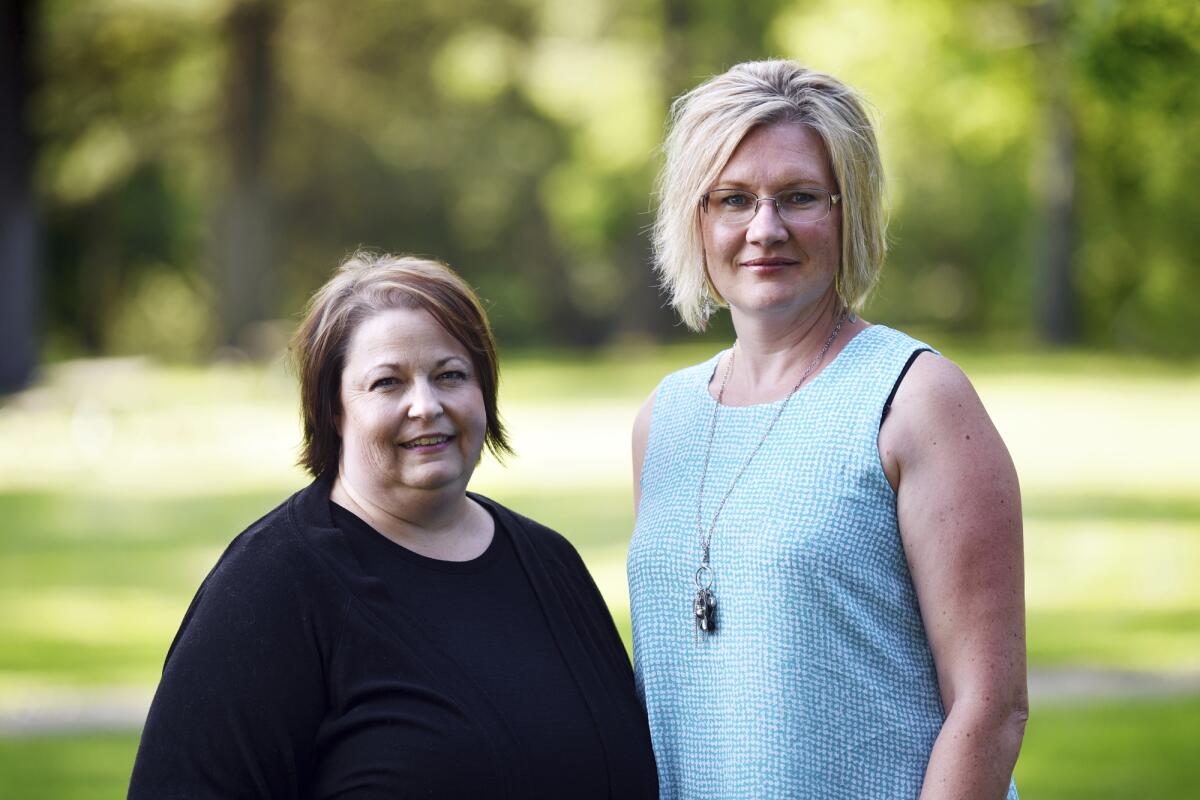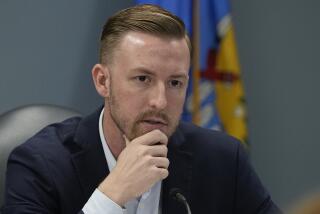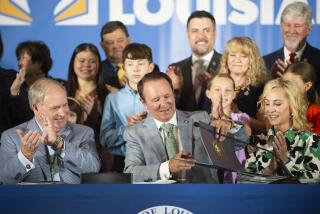Supreme Court sounds ready to support public aid to religious schools

WASHINGTON — The Supreme Court justices on Wednesday sounded ready to rule that states offering scholarships or subsidies to private schools must include those operated by churches.
The court’s conservatives, including Chief Justice John G. Roberts Jr., said that excluding private schools because they are religious amounts to unconstitutional discrimination similar to racial bias.
States “do not have to fund private education at all,” said Justice Samuel A. Alito Jr. But if they provide vouchers or grants to children or their parents for private elementary or secondary schools, “they can’t discriminate against parents who want to send their children to schools that are affiliated in some way with a church.”
Justice Brett M. Kavanaugh agreed: “Why isn’t this excluding religious people, telling them that they’re not entitled to equal treatment under the Constitution, a straight violation of the principle” that discrimination is wrong? He cited a 2017 opinion written by the chief justice that said Missouri engaged in “odious discrimination” when it refused a day care school’s grant for a new playground because it was affiliated with the Lutheran church.
Roberts opened the argument just after 10 a.m., and he sounded surprisingly fresh and lively, despite having presided over the Senate impeachment trial of President Trump until nearly 2 a.m. He asked several questions during the argument and, at one point, said that discrimination based on race or religion is nearly always unconstitutional.
The arguments came in the case of Espinoza vs. Montana. In 37 states, including California as well as Montana, the state constitution forbids sending tax money to churches or church schools. Based on that provision, the Montana Supreme Court struck down a 2015 state law that gave tax credits to people who donated money to scholarship funds that in turn gave small grants to children who attended private schools. Most of those schools were religious.
The Virginia-based Institute for Justice appealed on behalf of Kendra Espinoza and several other parents and argued that the state’s exclusion of church schools violated the 1st Amendment’s protection for the “free exercise” of religion and the 14th Amendment‘s guarantee of equal protection of the laws.
“A state cannot discriminate on the basis of religion,” said Richard D. Komer, attorney for the institute.
Only a handful of states provide tax funds to send children to religious schools, but the institute expects more states will do so if the Supreme Court rules for the Montana parents.
Washington lawyer Adam Unikowsky, defending Montana, said no-aid-to-church-schools “does not prohibit anyone’s free exercise of religion. ... We’re not defending religious bigotry here,” he added.
Kavanaugh objected. Most states adopted their bans on funding church schools in the late 19th century. “They’re certainly rooted in grotesque religious bigotry against Catholics,” he said.
The four liberal justices disagreed throughout the hour. Justice Sonia Sotomayor said the court was on the verge of a “radical” change in the law. Through most of American history, the Constitution has been seen as requiring a “separation of church and state,” which included no public funding for churches or religious teaching.
At one point, Justice Stephen G. Breyer wondered aloud whether a high court ruling for the Montana parents could be read as requiring public funding for Catholic schools. He noted that many cities and states now fund “charter schools,” but not religious schools.
The Trump administration joined the case on the side of the parents seeking scholarships for the religious schools.
More to Read
Get the L.A. Times Politics newsletter
Deeply reported insights into legislation, politics and policy from Sacramento, Washington and beyond. In your inbox three times per week.
You may occasionally receive promotional content from the Los Angeles Times.











